The book attempts a back to the future examination of traditional leisure as experienced by peoples from countries around the world. The stories and accounts narrated in the essays aim to help a (re)discovery of core leisure values and remind us to focus on the essence of leisure whilst discerning the superficial and the meaningless. The idea that affluent societies formulated more meaningful leisure concepts and practices due to availability of greater free time and resources has not come to fruition in recent decades. In fact, social cultural changes in western and developing countries have created the need for a critical examination of leisure arising out of a concern that the values and benefits of leisure, as enshrined in earlier western leisure theory have been eroded while those of traditional societies have not been given due credence. In this volume, writers from developing societies address the issue of how traditional leisure forms are impacting modern practices and understanding of leisure leading to new hybrid forms that are more inclusive even as they are expressive of the varied modes of leisure. Alternative modes of leisure practice that go beyond the work leisure binary giving primacy to the leisure experiences undertaken in affluent societies also form an important segment of the book.
The essays on tourism make a critical evaluation of both the enhancing and the deleterious facets of this popular leisure form, as they examine how traditional ways of life are turned into sites for both a deeper understanding of different cultures and for the benefit of voyeurs. An interesting aspect of the book is an exploration of how certain pilgrimage sites have turned into touristic spaces for reconciliation and interaction between the erstwhile exploiter and the exploited.
The essays in this book expressing leisure practices from all continents of the world ably incorporate theoretical perspectives that underpin those practices.

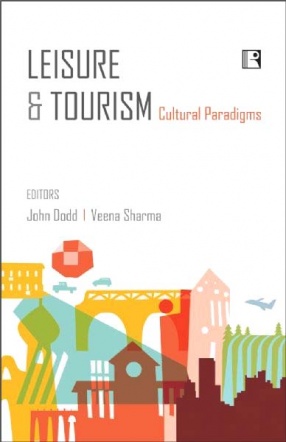
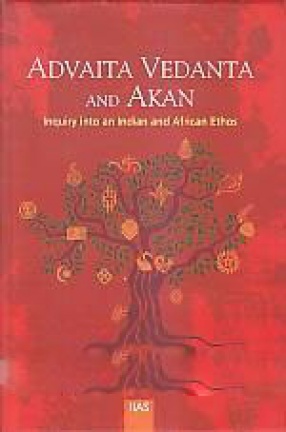
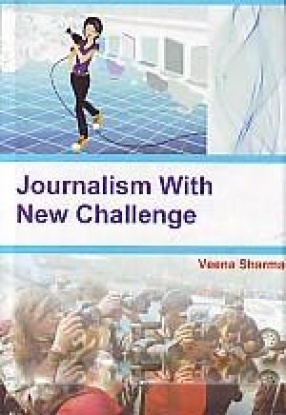
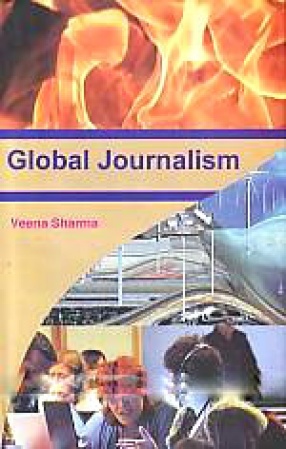
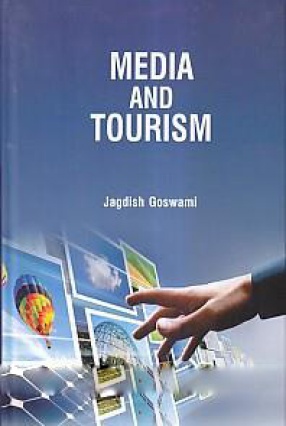
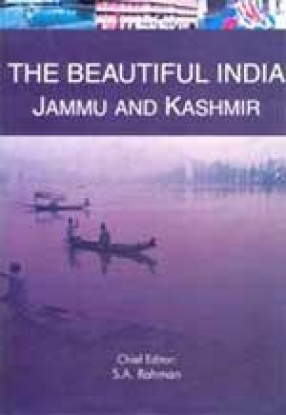

There are no reviews yet.